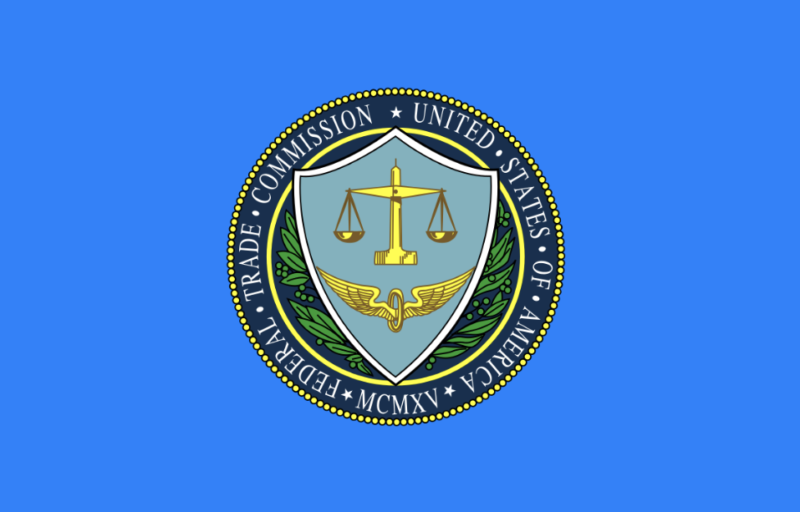FTC hits predatory scientific publisher with a $50 million fine

Enlarge (credit: Wikimedia Commons)
It used to be that publishing a scientific journal was a significant undertaking, requiring infrastructure for peer review, printing, and distribution, and the costs were often defrayed by charging authors for the honor of publishing. Now, it's possible to simply convert submissions to PDFs and throw them online. With those barriers gone, science quickly became plagued by predatory publishers who decided to eliminate peer review as well. Instead, they simply published anything from people who have the money to cover the publication fees.
The profits of these "predatory publishers" come from a mixture of genuine scientists who are unwary, people who want to pad their publication records, and fringe scientists who just want to see their ideas in the literature regardless of their lack of merit. All of them can end up putting misinformation into the scientific record and confusing a public that generally doesn't even know about the existence of predatory publishers.
Now, the Federal Trade Commission has won a summary judgement that just might cause some predatory publishers to step back from their business model. An India-based predatory publisher has been hit with a $50 million dollar judgement for deceptive business practices, along with permanent injunctions against most of the activities that made it money.
Read 11 remaining paragraphs | Comments